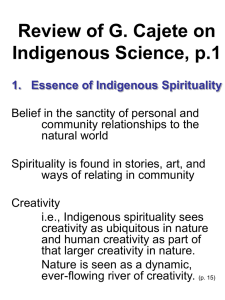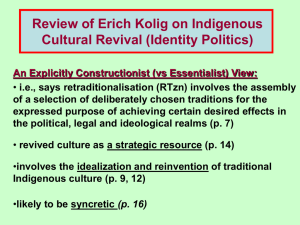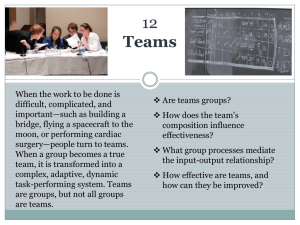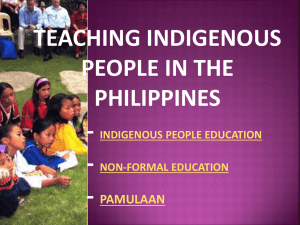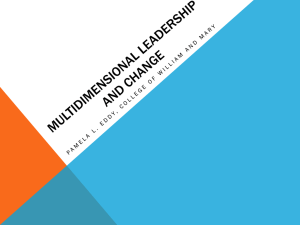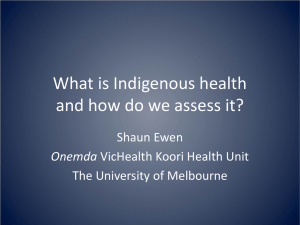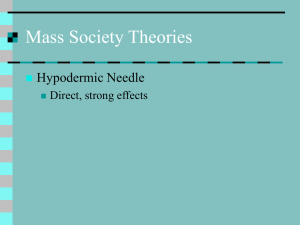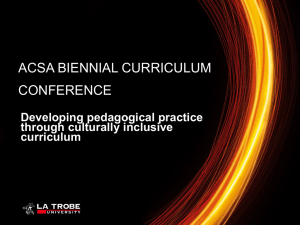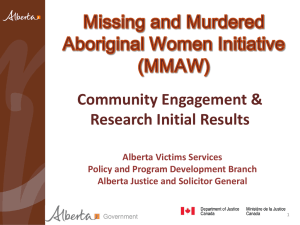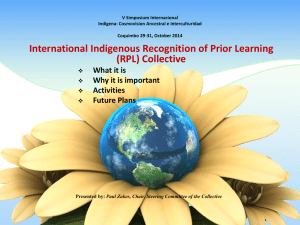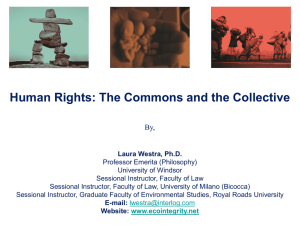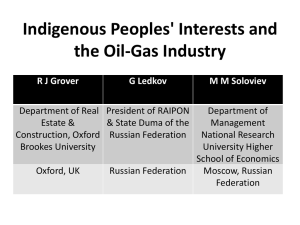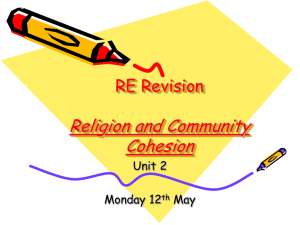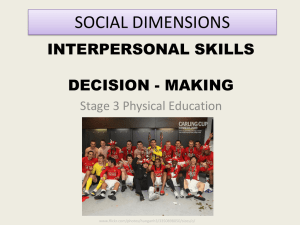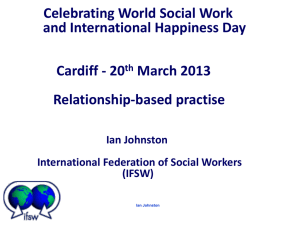社會工作定義的再思
advertisement
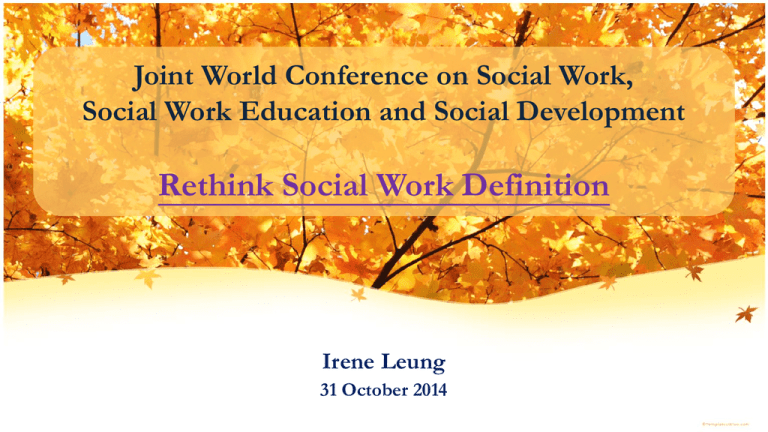
Joint World Conference on Social Work, Social Work Education and Social Development Rethink Social Work Definition Irene Leung 31 October 2014 Evolution of Global Social Work Definition International Federation of Social Workers International Association of Schools of Social Work Global Definition of Social Work 1957 "Social work is a systematic way of helping individuals and groups towards better adaptation to society. The social worker will work together with clients to develop their inner resources and he will mobilize, if necessary, outside facilities for assistance to bring about changes in the environment. Thus, social work tries to contribute towards greater harmony in society. As in other professions social work is based on specialized knowledge, certain principles and skills." Global Definition of Social Work 2000 "The social work profession promotes social change, problem-solving in human relationships and the empowerment and liberation of people to enhance well-being. Utilizing theories of human behaviour and social systems, social work intervenes at the points where people interact with their environments. Principles of human rights and social justice are fundamental to social work." (Montreal , IFSW General Meeting) Global Definition of Social Work 2014 "Social work is a practice-based profession and an academic discipline that promotes social change and development, social cohesion, and the empowerment and liberation of people. Principles of social justice, human rights, collective responsibility and respect for diversities are central to social work. Underpinned by theories of social work, social sciences, humanities and indigenous knowledge, social work engages people and structures to address life challenges and enhance wellbeing." (Melbourne , IFSW General Meeting) Rationale for Review of Global Social Work • Embrace indigenous knowledge as well as broader social sciences into social work theories • Highlight human rights with emphasis on collective responsibility and respect for diversity • Inclusion of the concept of social capital vis-à-vis social cohesion • Integrate the concept of “Discipline” into the profession • Allow amplification on regional and/or national levels but not interfering with the meaning of the elements of the definition and with the spirit of the whole definition Core Mandate • Embrace social development and social cohesion • Combat structural barriers and develop critical consciousness • Mean strategic for intervention, desired end states and a policy framework transcending micro-macro divide, incorporating multi-system levels and inter-sectoral and inter professional collaboration aimed at sustainable development Principles • Respect for inherent worth and dignity • Doing no harm • Respect for diversity • Upholding human rights and social justices Knowledge • Social Work is both interdisciplinary and transdisciplinary, draw on a wide array of social theories and research • Uniqueness of SW research and theories – Applied and emancipatory co-constructed with service users in an interactive and dialogue process – Informed by not only proactive environment but also by indigenous knowledges Practice • Legitimacy and mandate of Social Work lies on its intervention at the points where people interact with their environment • Participatory methodology – engages people and structures to address life challenges and enhance well being • Emancipatory perspective – supports social work strategies aimed at increasing people’s hope, self-esteem and creative potential to confront and challenge oppressive power dynamics and structural sources of injustice Issues for Discussion/Dilemma From Personal and Social Change To Social Development and Social Cohesion • Social Change Need to challenge and change structural conditions that contribute to marginalization, exclusion and oppression • Social Cohesion Maintenance of Social Stability Human Rights VS Collective Responsibility • Human Rights need to co-exist alongside. Collective responsibility – human rights can only be realized if people take responsibility for each other and the environment – importance of creating reciprocal relationships within communities • Advocate for human rights at all levels – facilitate outcomes where people take responsibility for each others’ well-being, realize and respect the interdependence among people and between people and the environment “Doing No Harm” VS “Respect for Diversity” may represent Conflicting and Competing values • Constructive confrontation and change where certain cultural beliefs, values and traditions violate people’s basic human rights • Culture is socially constructed and dynamic. It is subject to deconstruction and change via critical and reflective dialogue with members of the cultural groups vis-a-vis broader human rights issues. Western Science VS Indigenous Knowledge • Social Work knowledge will be co-created and informed by indigenous peoples Social Work seeks to reduce historic western scientific colonialism and hegemony by listening and learning from indigenous peoples around the world Holistic Focus is universal priorities of social work practice will vary from one country to the next, from time to time It is the responsibility of social workers across the world to defend, enrich and realize the values and principles reflected in this definition Do we need a regional definition or national definition of social work? Thank you!

